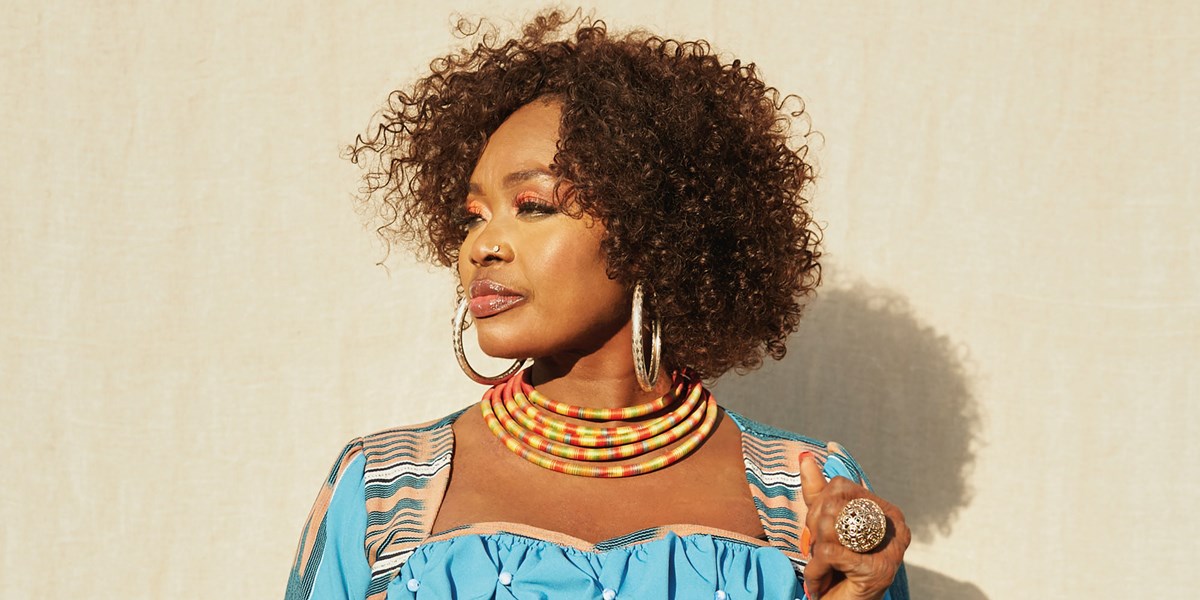Friday, June 24, 2022
Oumou Sangaré interview: “Africa can evolve while preserving certain traditions that are worth preserving”
By Andy Morgan
Oumou Sangaré contemplates the current state of her native Mali. She speaks to Andy Morgan about how music and mogoya may be the only things that can save it. Photography by Holly Whittaker


Register now to continue reading

Thanks for visiting the Songlines website, your guide to an extraordinary world of music and culture. Sign up for a free account now to enjoy:
- Free access to 2 subscriber-only articles and album reviews every month
- Unlimited access to our news and awards pages
- Our regular email newsletters

